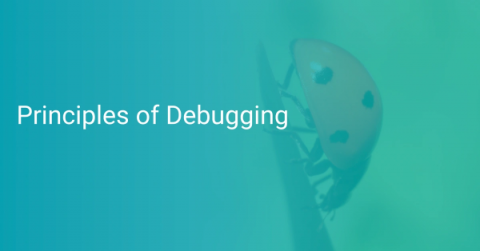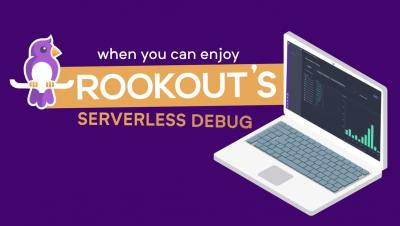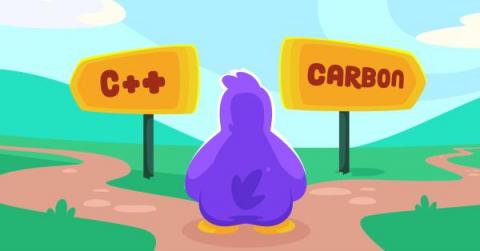Principles of Debugging
It is pretty common to envision software developers spending most of their time writing fancy code, building new, shiny features for applications, and smoothly deploying them to production. However, the reality is usually messier. Things break all the time — your code fails, the system runs out of memory, exceptions go unhandled, dependencies conflict, servers overload, slow requests take forever, and whatnot.











